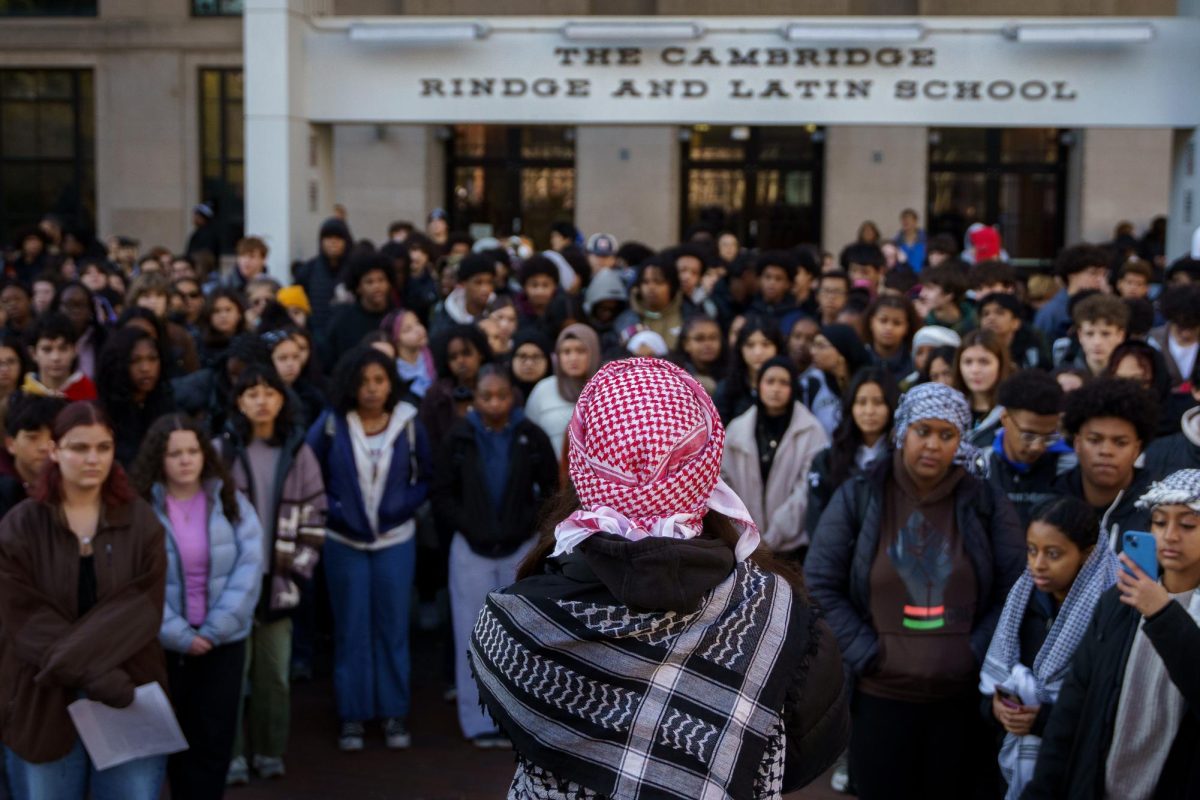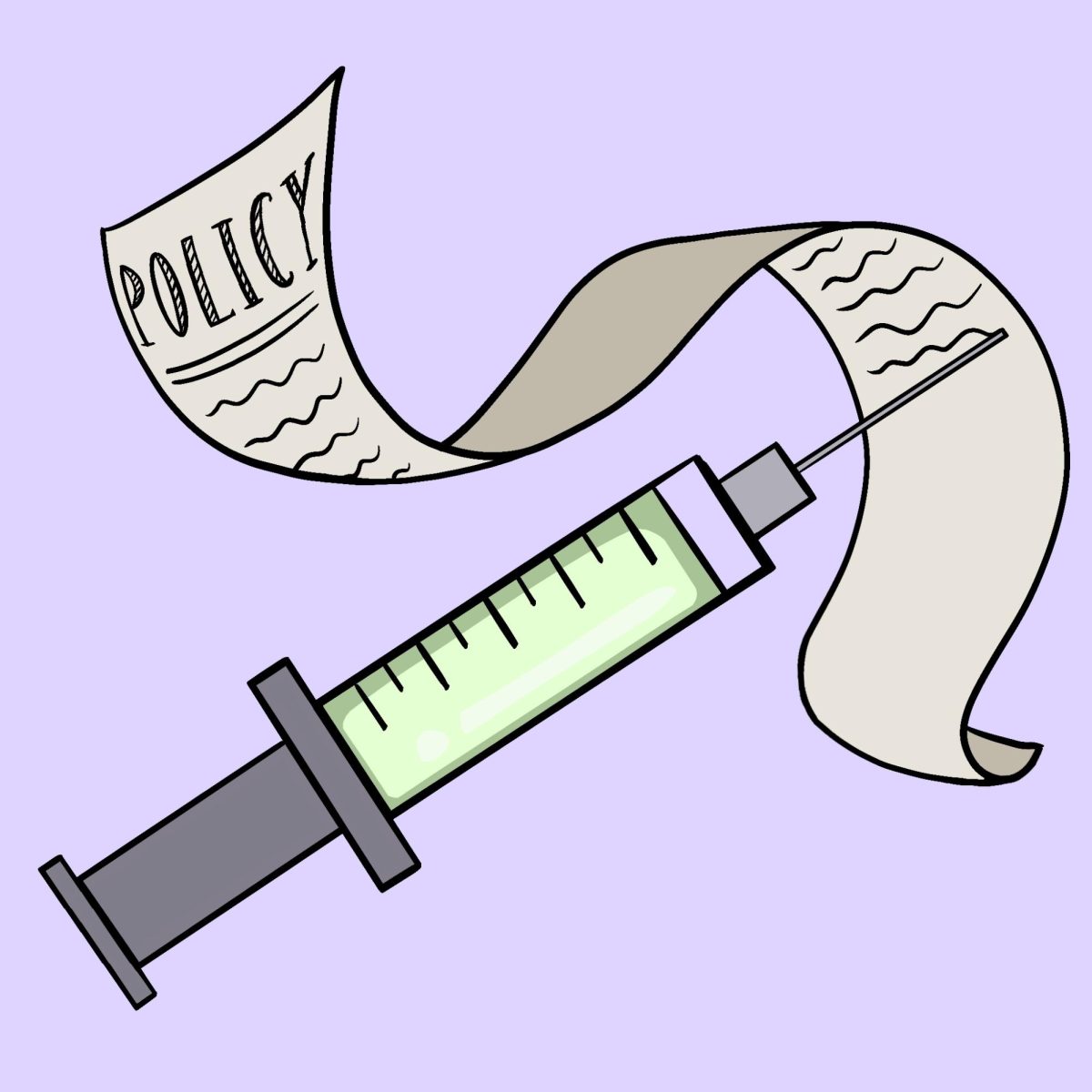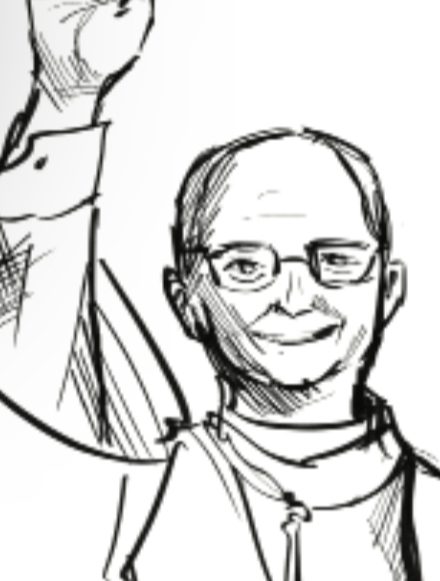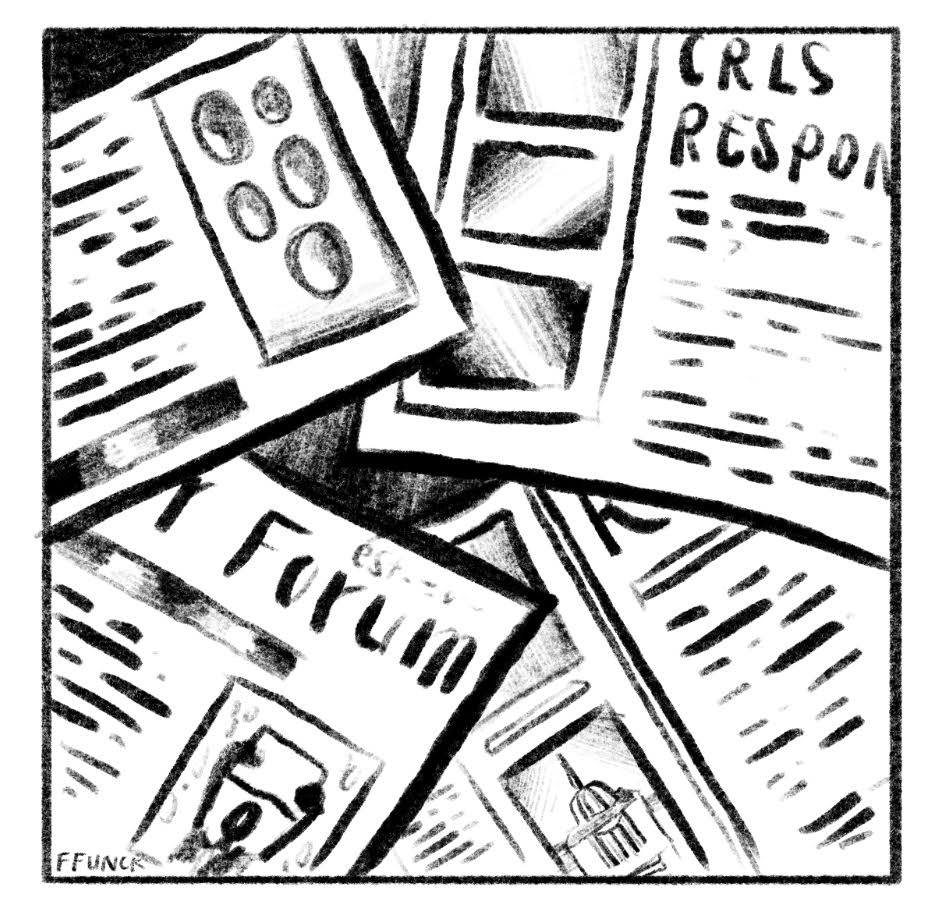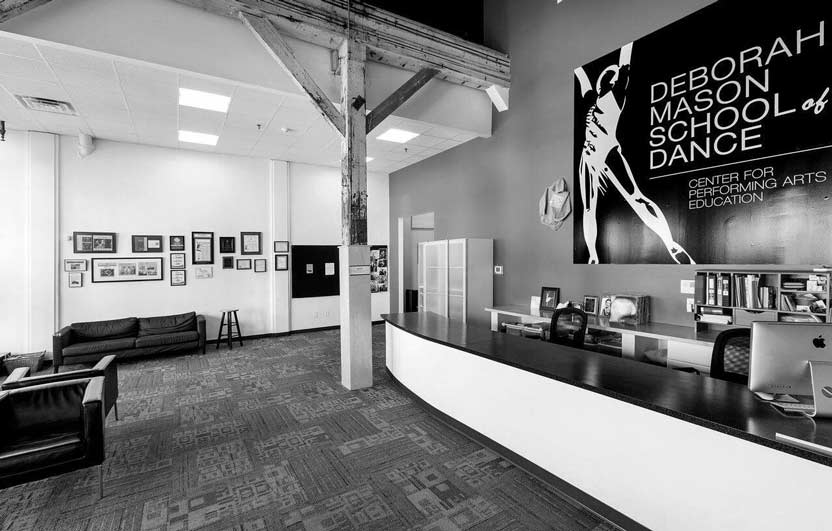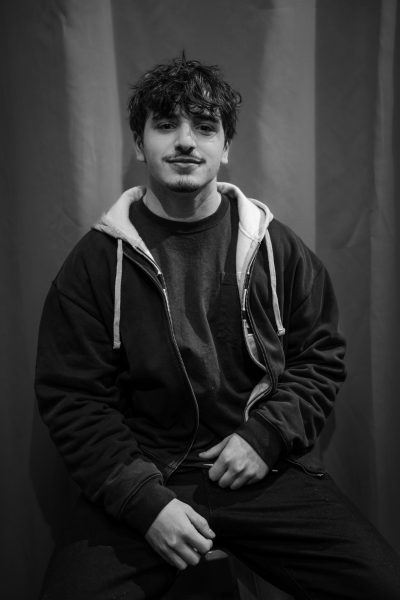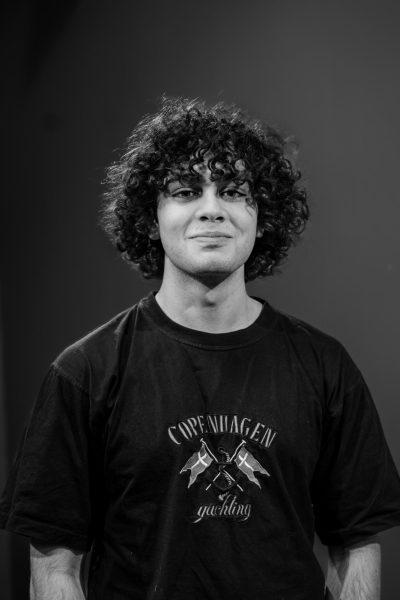Content Warning: The following article includes mentions of sexual violence and death.
It has been nearly two months since Hamas, a terrorist organization based in Gaza, launched an attack on Israel that left 1,279 Israelis dead and 237 in Hamas’ captivity. Israel has retaliated, launching a massive military assault in Gaza that has resulted in more than 13,000 Palestinians being killed.
The Register Forum reached out to students who have ties to the conflict or the consequences of it. One such student, an Israeli who chose to remain anonymous, told the Register Forum that “it was hard enough to hear about the mass rape, murder, kidnapping, and burning of innocent civilians, but what was worse was the pleasure Hamas had in doing all of that.” They added, “It was hard watching other Jews getting treated like that, just for being like me.”
On the other side of the conflict, Yasmeen Abu-Rubieh, a junior at Rindge, contextualizes part of the Israel/Palestine conflict with her family’s story.
In October of 1948, a Zionist militia massacred the village Abu-Rubieh’s family is originally from. Her family was forced into Jordan and the new Israeli state seized control of the houses they fled. The Israeli government now plans to demolish her grandfather’s home, severing the only connection she has left to Palestine.
Her story is one shared by many Palestinians. Following the creation of the Israeli state in 1948 as a safe haven for the Jewish people after the Holocaust, hundreds of thousands of Palestinians were displaced, forced into the Gaza Strip, the West Bank, or neighboring countries. Israel’s independence was so devastating for Palestinians that they call it the Nakba—Arabic for “the catastrophe.” Israel’s creation suspended Palestinian development, livelihood, and autonomy, allowing Israel to create a regime that some compare to South Africa’s apartheid—one that treats Palestinians as second-class.
A Palestinian student at Rindge who wishes to remain anonymous said that prior to September 5th, “I [was] not allowed, as a Palestinian-American, even with American citizenship, to go through an Israeli airport. They have my retinas scanned so [Israel] knows who I am.” They continue, “There is no escaping the restriction of rights that I have, even though I am an American.” This student will be referred to as PS for the remainder of the article.
Following the October 7th attack, the Israeli Defense Force (IDF) initially cut off humanitarian aid, fuel, electricity, clean water, and dropped some 25,000 tonnes of explosives on the Gaza strip, an area half the size of New York City. Though the official death count in Gaza is around 13,000, that figure is expected to rise as rubble is cleared. Al Jazeera reports that there is now not a single operational hospital in Northern Gaza, the most heavily populated area of the Strip. The United Nations reports two-thirds of Gazan residents are now homeless.
But PS, who has family friends in Gaza, says conditions in Gaza are even worse than statistics show. “75% of those killed are elders, women, or children, kids are being amputated with no anesthesia, and the smell of blood and death” dominates the streets. They describe Gaza’s current state with one word: “Hell.”
Rindge students’ reaction to the events in Israel/Palestine has been split. While he does not support Israel’s bombardment of Gaza, Valentin Siskind says Israel has the right to defend itself after Hamas attacked on October 7th. “There isn’t anything else Israel can do without saying to Hamas, ‘keep killing innocent Israeli civilians,’” he says. Others, like Abu-Rubieh, reject that idea, “That right [to self-defense] cannot manifest as collective punishment and indiscriminate bombardment… Flattening out neighborhoods isn’t self-defense.” Attacking places of worship, refugee camps, and hospitals is not self-defense.” The IDF has reported that these places have housed Hamas bases and officials, though it is unclear if these reports are accurate.
In Cambridge, many Israelis feel there have been social repercussions for their identity since October 7th. A student who lived in Israel when they were younger said to the Register Forum, “I know [Israeli and Jewish people] who are shunned from their friend groups and not being invited places. Clubs they were participating in have said to them, ‘we don’t want you to be on leadership anymore.’ It’s been a big deal for a lot of people.” This student will be referred to as IS for the remainder of this article.
Some Muslim students have felt the focus on discrimination since October 7th has been one-sided. President of Muslim Culture Club Amrin Jenny ‘25 told the Register Forum, “There has been plenty of coverage for antisemitism, which is understandable… but the hate crimes that have been happening to Muslim people haven’t been covered nearly as much.”
Most students, though, seem to be in agreement that the school’s response has been lackluster. IS told the Register Forum, “I’ve had friends that died and it sucks that there was no acknowledgement from the school. I remember the day after I had to take a Bio test and I was like, ‘I can’t.’”
PS believes that there should be more resources for Palestinian students struggling with the current crisis in Gaza and anti-Palestinian acts that have occurred in America.
PS also calls out Superintendent Greer for her response, saying, “She wrote this [awful] email and multiple students emailed back so she sent out a new one. Educate yourself before you tell the entire school you are leaning toward one side that you don’t really understand.” There were several grievances with Greer’s original email: it made no mention of the Palestinians that had been killed in response to the attacks, did not include any historical context for the attacks, and created a “single story narrative” that endangered Palestinian students, according to a response letter that Greer received from someone close to PS. The revised email from the superintendent made clear that the loss of all civilian life is tragic.
Both Israeli and Palestinian students agree that people need to work to combat misinformation. Within Israel, there has yet to be a massive backlash from Israeli citizens for Prime Minister Benjamin Netanyahu’s military response, a reality IS attributes to a constant stream of propaganda Israeli citizens receive. Every morning at IS’ private preschool they would sing a song that said “hail Netanyahu. We were basically celebrating a dictator. We would also be praying for the elimination of Palestine for Israeli peace. It would be like the Pledge of Allegiance,” they said. This is, however, not a practice that takes place in Israeli public schools.
Siskind says that he “didn’t talk about [Israel/Palestine] in any of [his] classes,” and that “more open conversation without the fear of being canceled and more education” is necessary. He wishes that the school would make more strides to teach the conflict in an objective way.
PS criticizes the media’s hyperfocus on October 7th and not prior history, “it’s not addressing any of the root problems. The media is not doing a fair job of portraying both sides equally and is fueling narratives against both Jews and Muslims.”
Abu-Rubieh is even more critical of the information around her, “The news defends Israel’s actions such as bombing schools and hospitals as a way to get rid of Hamas without mentioning the thousands of Palestinians they killed while doing so.” As the world awaits a resolution, Jenny gives the student body her advice: “Be more open-minded and search for information [your]selves.” She urges, “Look at all sides of the story.”
This article also appears in our November 2023 print edition.

